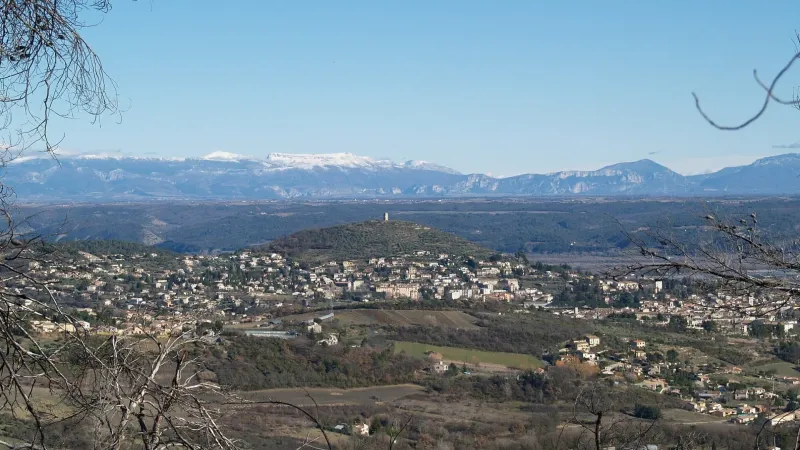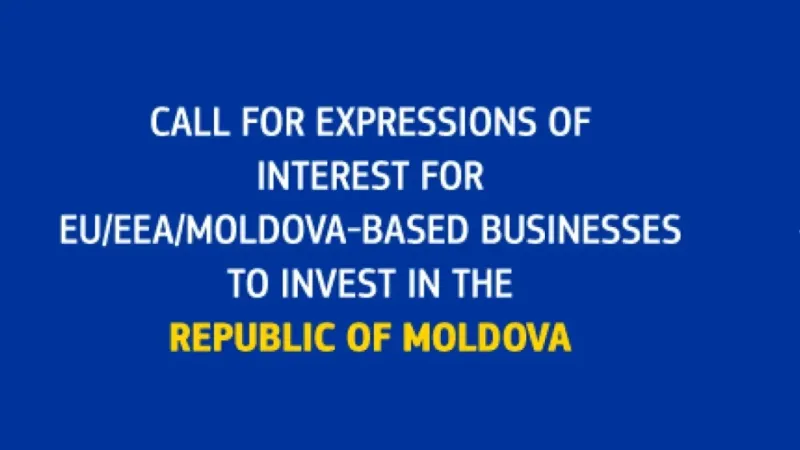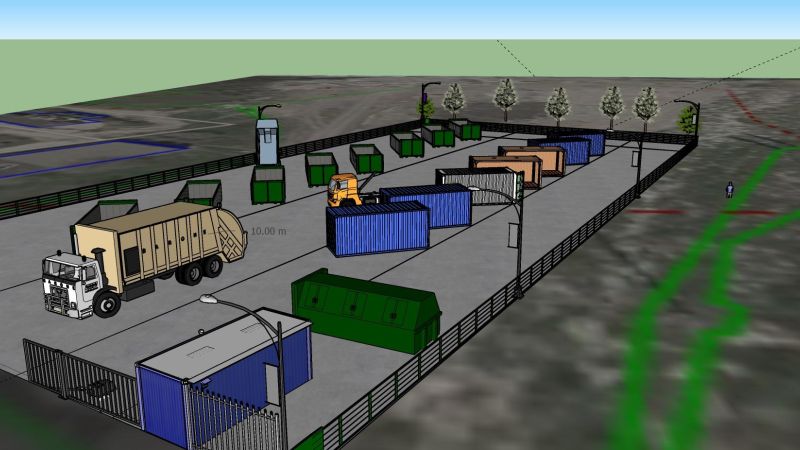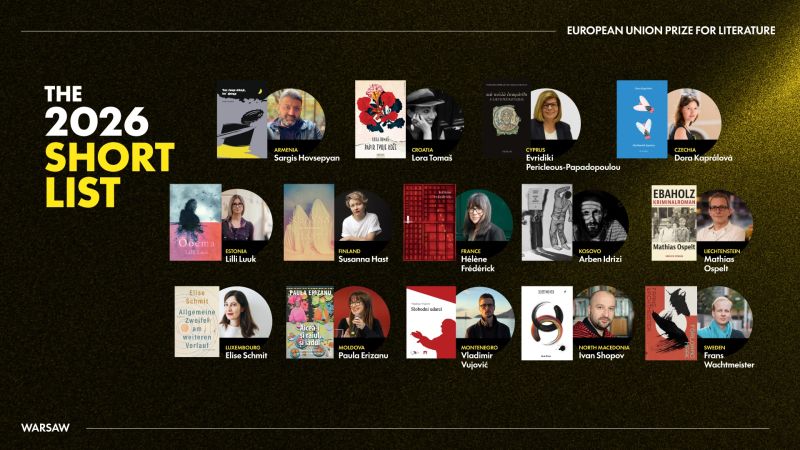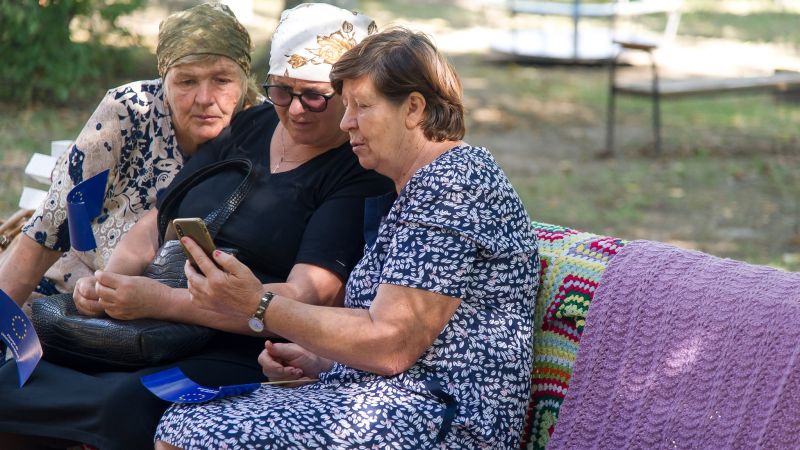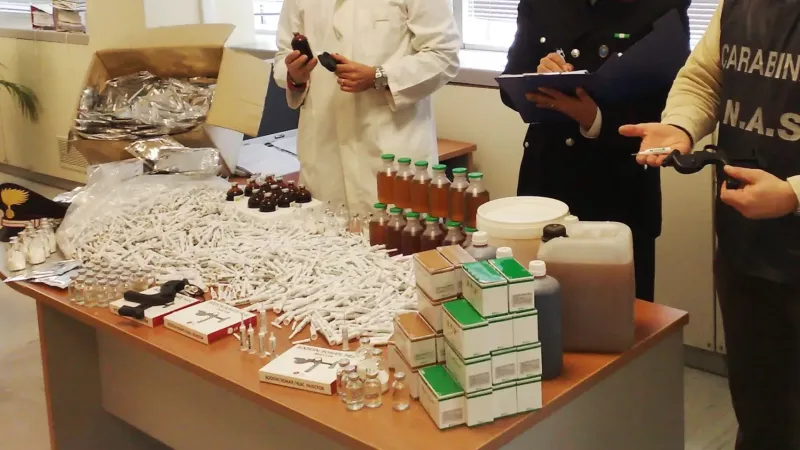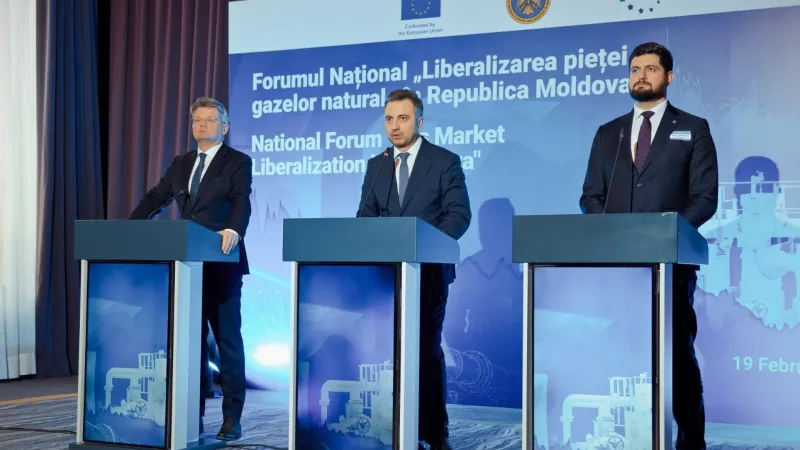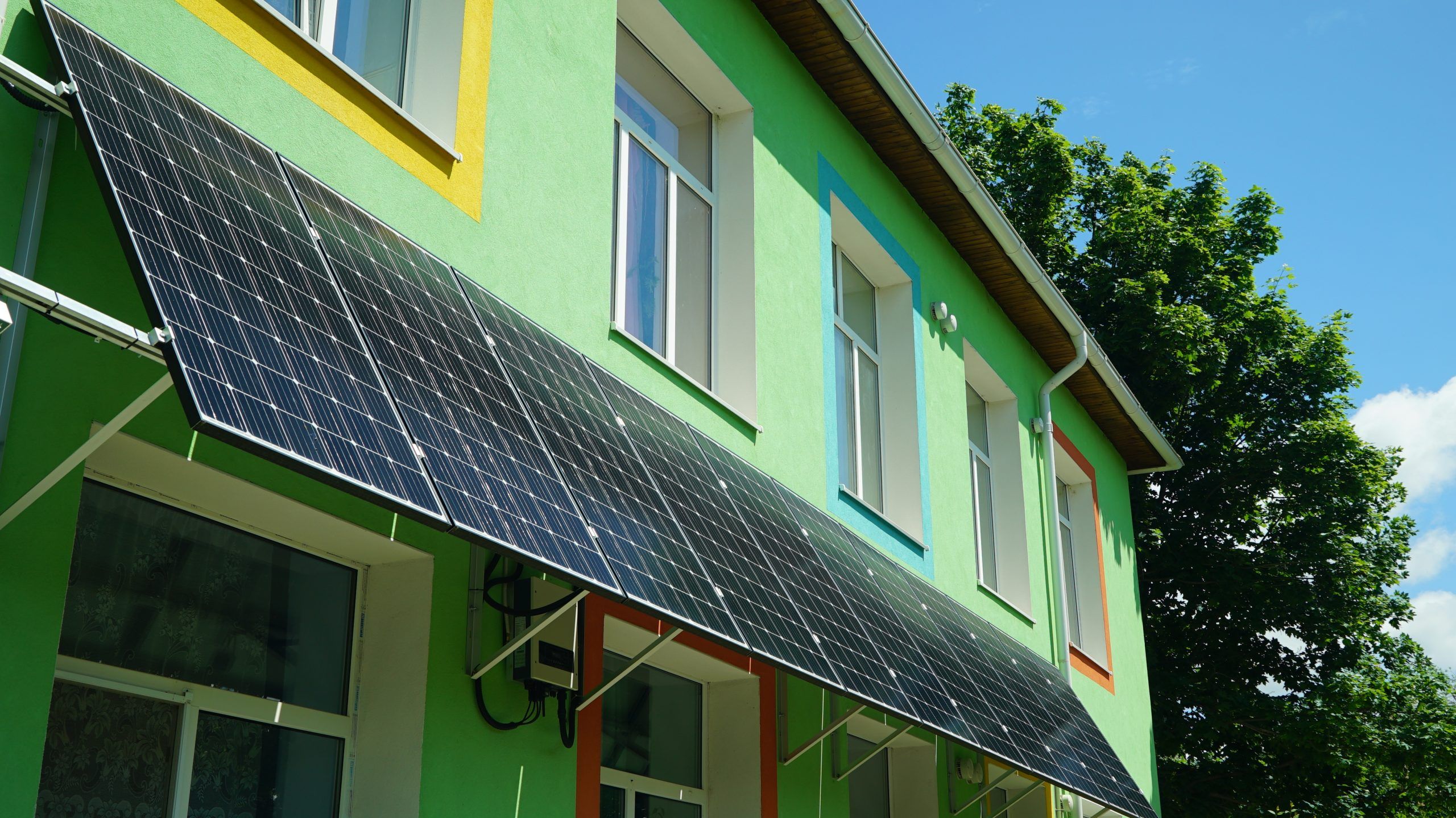
Uniunea Europeană intensifică sprijinul pentru eficiența energetică în sectorul rezidențial din Republica Moldova
Comisia Europeană și Banca Europeană pentru Reconstrucție și Dezvoltare au semnat o declarație de intenție pentru instituirea unui program de reducere a costurilor de renovare a eficienței energetice pentru clădirile rezidențiale din Republica Moldova.
Uniunea Europeană va contribui cu 9,5 milioane EUR sub formă de granturi în sprijinul liniilor de credit acordate în cadrul Fondului BERD de Finanțare a Economiei Verzi în Sectorul Rezidențial (Residential GEFF). Această inițiativă comună urmărește să stimuleze proprietarii de apartamente și case din Moldova să întreprindă lucrări de renovare a eficienței energetice pentru a-și reduce facturile la energie și a consolida securitatea energetică pe termen lung a Republicii Moldova. Acest program comun completează Fondul guvernamental de eficiență energetică în sectorul rezidențial din Republica Moldova, dedicat în mod special familiilor vulnerabile.
Declarația a fost semnată astăzi de Comisarul European pentru Vecinătate și Extindere, Olivér Várhelyi, și de șefa Biroului Băncii Europene pentru Reconstrucție și Dezvoltare în Moldova, Catarina Bjorlin Hansen.
„Prin acest nou program transformator, ambiția UE este de a contribui la reducerea semnificativă a costurilor de renovare a eficienței energetice pentru clădirile rezidențiale din Republica Moldova. Datorită contribuției nerambursabile de 9,5 milioane EUR a UE, care sprijină liniile de credit ale BERD, proprietarii de locuințe din Moldova vor putea să-și reducă semnificativ facturile la energie. Acest sprijin semnificativ din partea UE completează finanțarea deja acordată în sprijinul renovării eficienței energetice pentru clădirile publice și al programului guvernamental de eficiență energetică a locuințelor pentru cele mai vulnerabile gospodării”, a declarat Comisarul European pentru Vecinătate și Extindere, Olivér Várhelyi.
„Suntem nerăbdători să lansăm programul GEFF rezidențial împreună cu UE și alți parteneri. Băncile participante în cadrul programului vor oferi împrumuturi gospodăriilor pentru investiții în măsuri de eficiență energetică, cum ar fi izolarea termică, pompe de căldură, panouri solare, etc. După implementarea cu succes a acestor măsuri, cu sprijinul Uniunii Europene, beneficiarii împrumuturilor vor fi eligibili pentru o rambursare în numerar”, a declarat șefa Băncii Europene pentru Reconstrucție și Dezvoltare în Moldova, Catarina Bjorlin Hansen.
Uniunea Europeană a oferit deja un sprijin semnificativ în sectorul eficienței energetice și al rezilienței energetice a Republicii Moldova. În timpul vizitei sale oficiale în Republica Moldova, Olivér Várhelyi, Comisarul European pentru Vecinătate și Extindere, însoțit de Ministrul Energiei, Victor Parlicov, a vizitat un bloc de apartamente multi-etajat din Chișinău, unde, cu sprijinul financiar al UE prin intermediul MREEF, a fost instalat un punct termic individual (PTI) și sistemul vertical sovietic de distribuție a energiei termice a fost transformat într-unul orizontal, cu contoare de căldură la fiecare apartament. Datorită acestor schimbări, agentul termic este încălzit în mod centralizat și distribuit uniform în toate apartamentele pentru încălzire, permițând reglarea individuală a căldurii și contorizarea în fiecare apartament. În plus, PTI asigură prepararea apei calde menajere. Trecerea la sistemul de distribuție pe orizontală aduce beneficii precum economii de energie, facturi mai mici și reducerea emisiilor de gaze cu efect de seră.
„După modernizarea sistemului de încălzire, administrația blocului de locuințe a depus cererea de finanțare MREEF pentru izolare termică. Acest lucru va reduce facturile locatarilor cu până la 30%. Republica Moldova este de două ori mai energofagă decât Uniunea Europeană, iar jumătate din energie este consumată în clădiri. O mare parte din această energie este pur și simplu irosită din cauza lipsei măsurilor de eficiență energetică. Prin Fondul pentru eficiență energetică rezidențială vom investi în consumul rațional de energie și în facturi mai mici pentru cetățenii noștri”, a declarat Ministrul Energiei, Victor Parlicov.
Sistemul de distribuție orizontală poate fi aplicat în peste 80% din blocurile multi-etajate din țară conectate la sistemul centralizat de încălzire. Peste 70% din blocurile multi-etajate din Chișinău au o performanță energetică scăzută. În blocurile de locuințe din Chișinău și Bălți, unde a fost instalat un sistem de distribuție pe orizontală, locatarii au înregistrat economii medii la facturi de până la 22% în Chișinău și de peste 40% în Bălți.
UE este cel mai mare furnizor de asistență financiară pentru Moldova. Începând cu 2021, 2,2 miliarde EUR au fost mobilizate pentru Moldova, printre altele, prin asistență macro-financiară, sprijin bugetar, asistență bilaterală prin programele de acțiune anuale (PAA), ajutor umanitar, sprijin pentru răspunsul la crize, precum și proiecte cu instituții financiare internaționale (IFI) garantate de UE. Se preconizează că 157,5 milioane EUR vor fi debursate în 2024 pentru sprijin bugetar (35 milioane EUR) și asistență macro-financiară (122,5 milioane EUR).
Informații generale
Despre Mecanismul de finanțare a economiei verzi rezidențiale (GEFF): GEFF va fi implementat de Banca Europeană pentru Reconstrucție și Dezvoltare, prin intermediul băncilor comerciale din Moldova. GEFF va viza sectorul rezidențial și ține să promoveze investițiile în eficiența energetică.
Despre Fondul de eficiență energetică în sectorul rezidențial din Moldova (MREEF): MREEF va viza proprietarii de case individuale și asociațiile de proprietari de condominii, care vor putea primi subvenții pentru măsuri de eficiență energetică. Fondul intenționează să ofere finanțare nerambursabilă de până la 70% din costurile totale necesare pentru punerea în aplicare a măsurilor de eficiență energetică și de utilizare a energiilor regenerabile în sectorul rezidențial, restul urmând să fie acoperit de către locatari. Pentru 2024, 25 de asociații de locatari au fost deja selectate în urma unui concurs, în cadrul căruia au implementat măsurile necesare de eficiență energetică în clădirile administrate.
